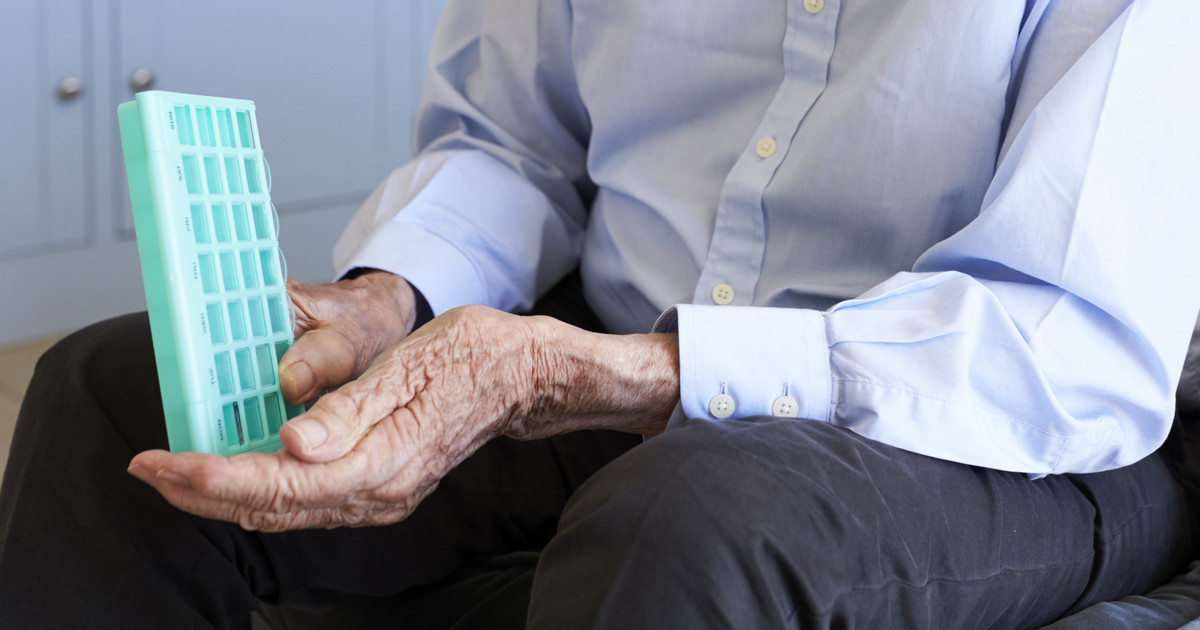What Medications May Treat Hypotension?
Norepinephrine
Norepinephrine may treat life-threatening low blood pressure. This medication seems to be offered through an intravenous line. Patients may receive it in the emergency room, intensive care unit, and during cardio-pulmonary resuscitation. This drug may help sepsis patients. It seems to be good for individuals with low blood pressure because of hemodialysis as well. However, this medication may be unsafe for some individuals. Points of concern appear to include a history of diabetes, asthma, sulfite allergies, and coronary artery disease.
Doctors should monitor a patient's respiration and blood pressure when they give them this medication. The drug may cause tissue damage around the injection site. This seems to happen if the medication leaks from the patient's vein. Patients should tell their doctor if they deal with any symptoms around the injection site. These symptoms may include feeling cold in their veins or skin, pain, and irritation.
Get more information on possible medications for low blood pressure now.
Droxidopa
Droxidopa may help neurogenic orthostatic hypotension. This condition seems to come from other diseases. Examples appear to include Parkinson's disease and multiple system atrophy. Patients may take this drug as a capsule. It seems to work by narrowing their blood vessels. However, this medication may have significant side effects. Thus, doctors may start patients on a low dose to lower the risk. They may increase the dose gradually. Patients seem to need this medication three times daily, but not within three hours of bedtime. They also appear to be limited to two weeks on this drug.
The common side effects of this medicine seem to be dizziness, nausea, and headaches. Patients may want to tell their doctor if these become persistent or severe. Their doctor should know immediately about certain side effects. These appear to include cloudy urine, bladder pain, lower back pain, and painful urination. Doctors should monitor the patient's blood pressure closely when they are on this medication. However, individuals may want to monitor their pressure regularly at home as well. They should consider reporting these results to their doctor. Patients on this drug may benefit from elevating the head of their bed when they go to sleep.
Discover more potential medications for hypotension now.

